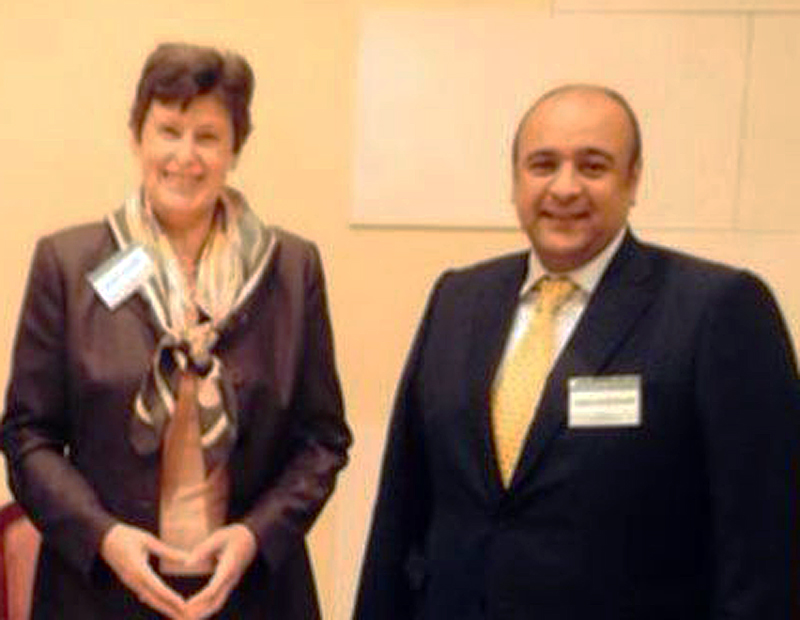LOC11:52
08:52 GMT
 Ambassador to the Republic of Korea, Jassem Al-Bedaiwi
Ambassador to the Republic of Korea, Jassem Al-Bedaiwi
(with photos)
KUWAIT, Nov 15 (KUNA) -- The State of Kuwait has affirmed its unwavering
support for disarmament of weapons of mass destruction and coordination with
the international community to prevent armed groups from acquiring such lethal
arms.
The renewed stance came in a statement by the Ambassador to the Republic of
Korea, Jassem Al-Bedaiwi, to KUNA on sidelines of the 12th Republic of
Korea-United Nations Joint Conference on Disarmament and Non-Proliferation
Issues (November 14-15), held on Jeju island.
Prospects that WMDs may end up in hands of such groups are forecast to
increase drastically as long as such weapons remain in possession of some
states, Ambassador Al-Bedaiwi warned in the remarks on Friday.
Efforts that have been made at the regional and international levels for
WMDs' non-proliferation must be coupled with global action to ensure that the
armed groups do not possess these arms, the diplomat said, also calling for
stripping the gunmen of such weapons.
The Kuwaiti Ambassador praised the UN special panel, formed according to
the (2004) UN Security Council Resolution 1540, for its bids to implement
plans designed to aid the international community face hazards caused by the
armed groups' possessions of weapons of mass destruction.
The Security Council had adopted this resolution to address concern that
non-state "actors might use weapons of mass destruction for terrorist
purposes .." The resolution established the special panel to report on
implementation.
The resolution, basically, calls for preventing "non-state actors from
obtaining access to nuclear, chemical or biological weapons."
This annual Conference has been jointly organised by the UN and the
Republic of Korea since 2002. Dubbed as the "Jeju Process," it is well-known
for providing an informal setting for frank and open discussions of current
critical issues of disarmament, arms control, non-proliferation and security
by bringing together stakeholders from different sectors of the disarmament
and non-proliferation community, including government, intergovernmental
organisations, academia and civil society. (end)
rk
KUNA 151152 Nov 13NNNN